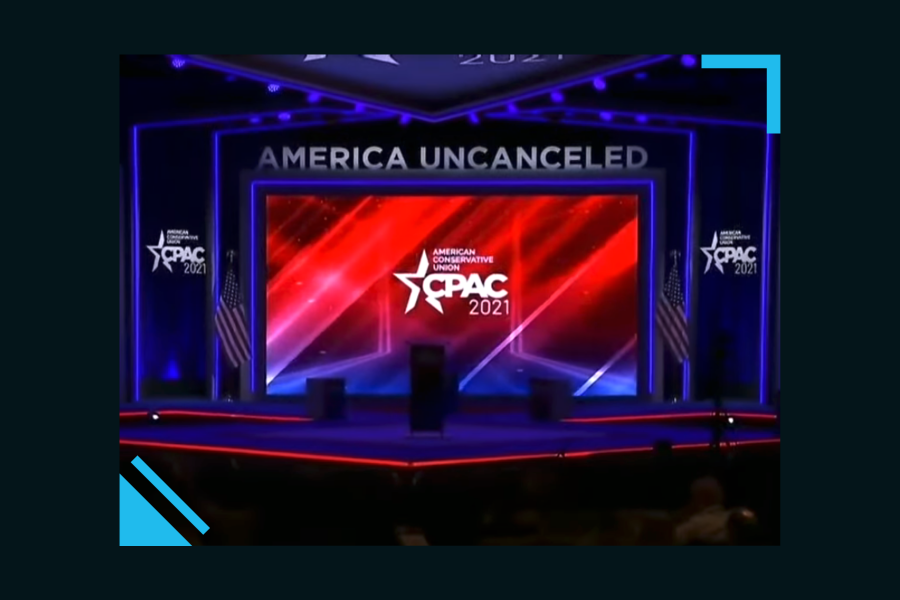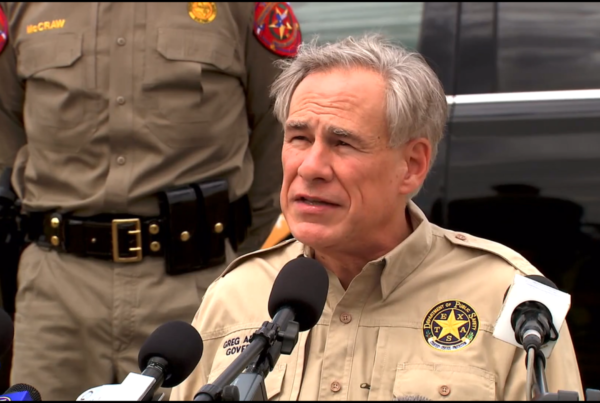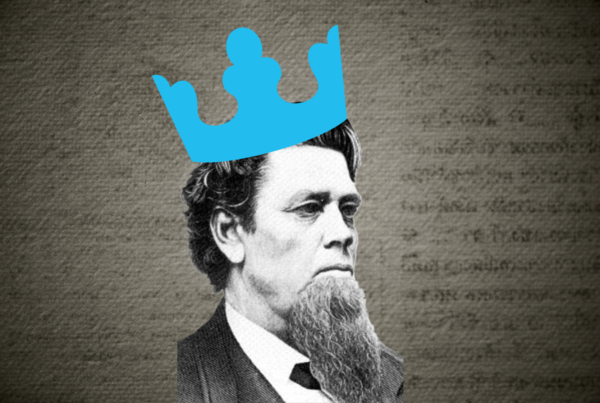At February’s Conservative Political Action Conference in Orlando, the country’s top conservatives declared war on so-called cancel culture in America. Speakers, including former President Donald Trump and Texas Sen. Ted Cruz, lashed out at liberals for allegedly “canceling” cultural touchstones like Dr. Seuss books.
But political rhetoric expert Jennifer Mercieca says there’s a strategy behind the outrage. Mercieca teaches in the Department of Communications at Texas A&M University.
“It’s essentially an engagement strategy for media personalities,” Mercieca told Texas Standard. “In other words, it’s something that outrages their audience and it makes their audience want to tune in to listen to these terrible outrages, these things that have happened.”
Cancel culture is the idea that anyone can be removed from public life at any time if they make a mistake or say something “politically incorrect,” Mercieca said. Actress Gina Carano, who starred in Disney’s popular “Star Wars” spinoff TV show, “The Mandalorian,” said as much in a recent social media post. She was promptly fired from the show and lost her agent after the post, further reinforcing the perceived threat of cancel culture. Mercieca says conservative-leaning media outlets can capitalize on these moments of tension.
“It activates … all of those fight-or-flight responses that we have when we hear ‘fear appeals.’ And it makes us attend to those messages. And, you know, people who run these media networks, they know that,” she said. “They know that it’s something that makes their audience pay attention, and it unifies them because it makes it ‘us versus them.'”
But Mercieca says its a cynical approach, especially for news organizations because they end up focusing on the outrage rather than on informing the public about substantive issues.
CPAC took a similar tack, she says, focusing on outrage rather than issues. Mercieca says it’s a winning political strategy insofar as it unites conservatives. But, again, that can come at a price.
“That way you don’t have to do the hard work of talking about policy,” she said. “So it’s again, a very cynical strategy. It’s not politics in terms of making political decisions and policy, but it’s politics as theater. It’s politics is entertainment.”
Listen to an extended interview with Jennifer Mercieca in the audio player above.














